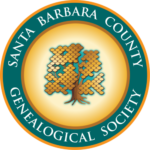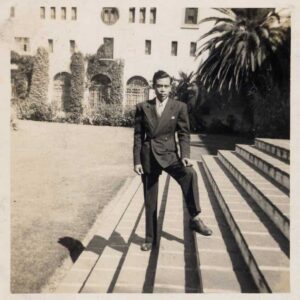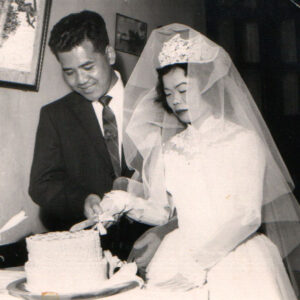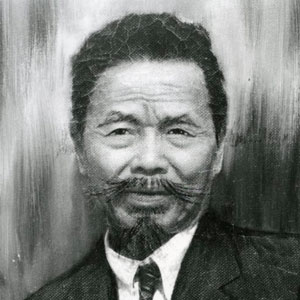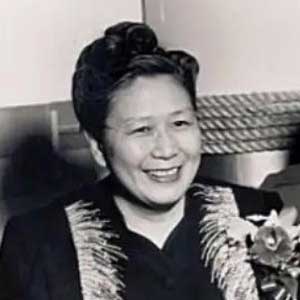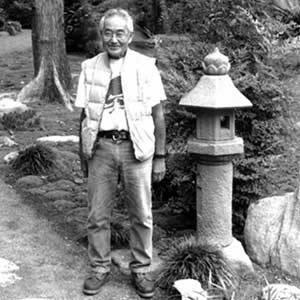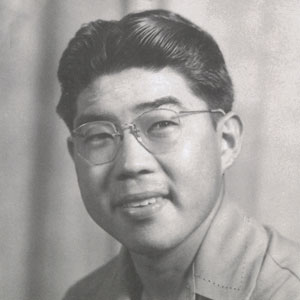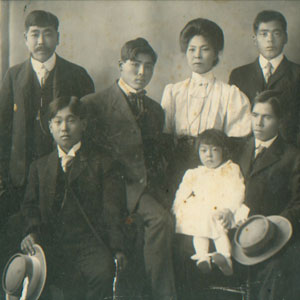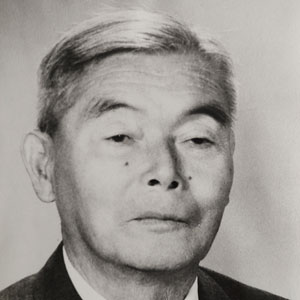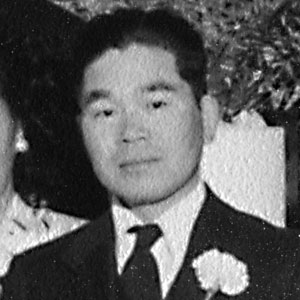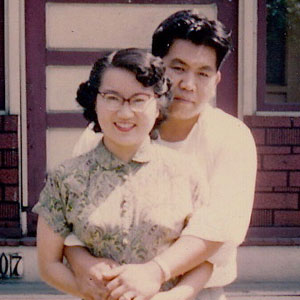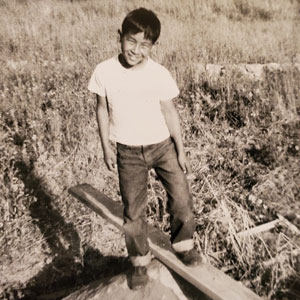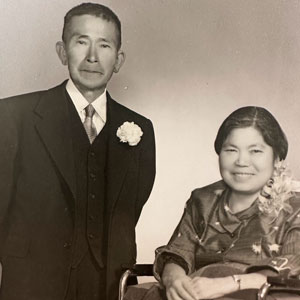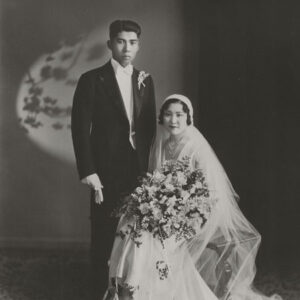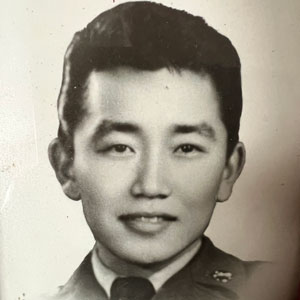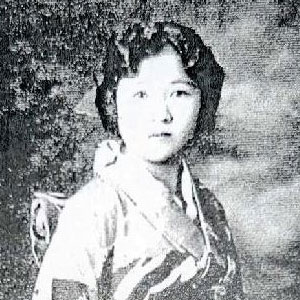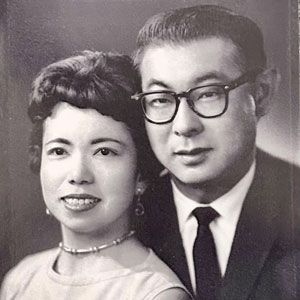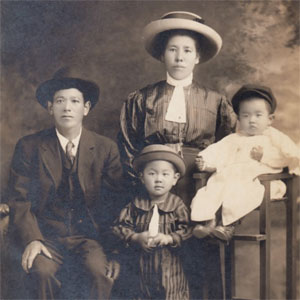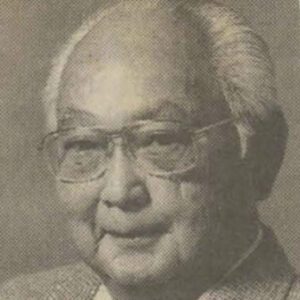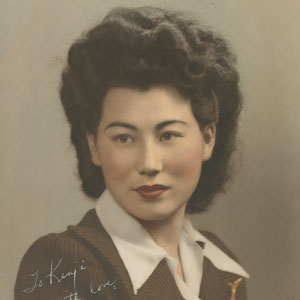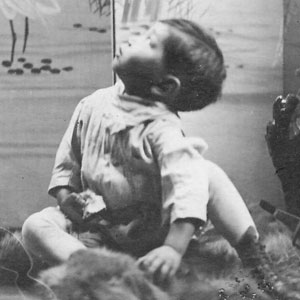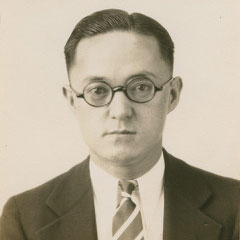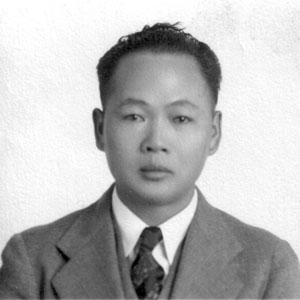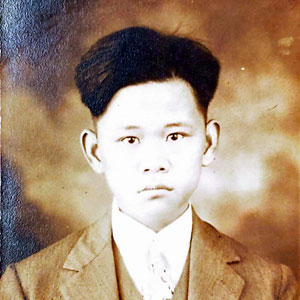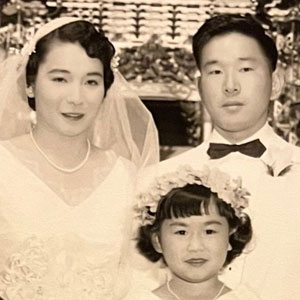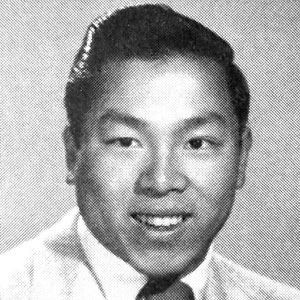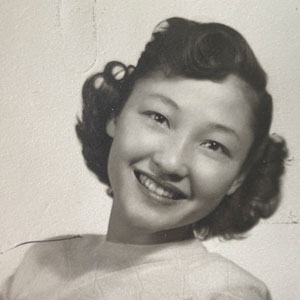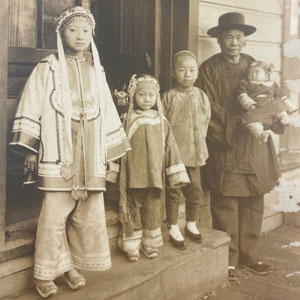This exhibit highlights the culture, contributions, and experiences of Asian American Pacific Islander (AAPI) community members residing in Santa Barbara County from the 1870s to the 1970s. View their incredible stories below. More information on the history of the AAPI community and SBCGS’s original exhibit can be found below the family biographies.
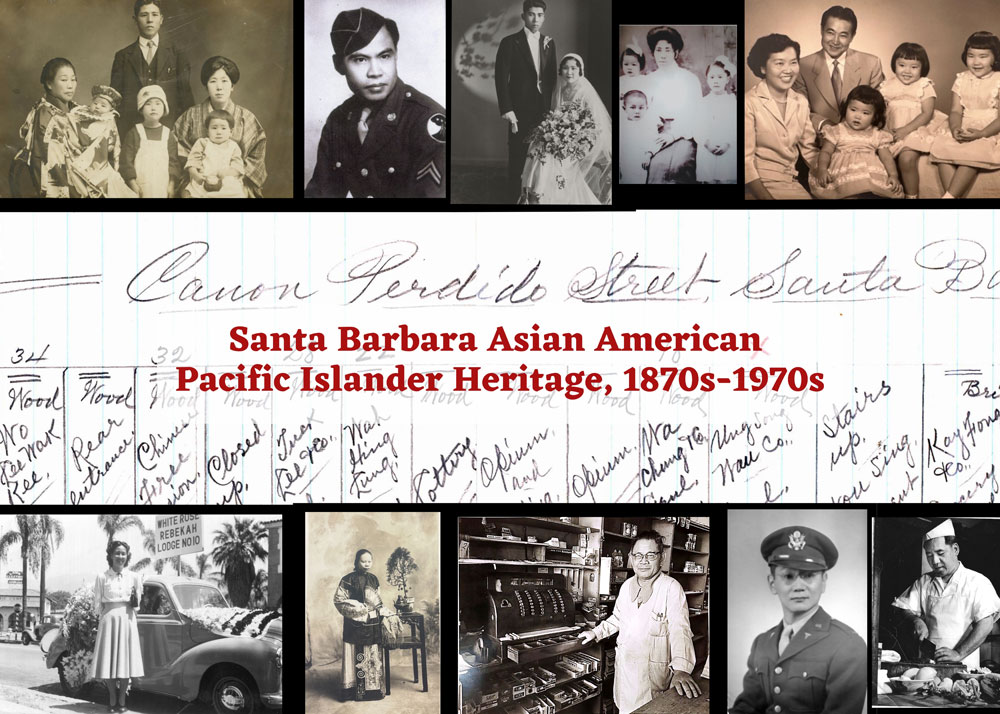
Individual Exhibits
History
Chinese, Filipino, and Japanese migration to Santa Barbara grew from the latter half of the 19th century through the 1920s, when Asian exclusion laws took effect and restricted entry. Despite these restrictions, the communities prospered with second generation members carrying on with the livelihoods, businesses and cultural institutions established by the early migrants. By the 1920s, Santa Barbara’s Chinatown and Japantown were contiguous hubs of economic and cultural life. In the 1950s, Filipino immigrants established the Filipino Community Association that became a robust gathering center to be enjoyed for generations and which remains open today.
The thriving Chinese and Japanese communities experienced devastating hardships when, first, in 1925, a massive earthquake destroyed much of Santa Barbara’s downtown. The demolition and rebuilding that followed radically reduced the size of both Chinatown and Japantown, leaving only a handful of the neighborhoods’ original commercial, cultural, and residential sites. The second significant impact came with the US entry into World War II and the evacuation orders in early 1942 that forced Japanese Americans residing on the west coast to relocate to inland detention centers. Many detainees were able to return to Santa Barbara and some new families joined the community; many others, however, were unable to restart their lives in Santa Barbara because their homes, property, and possessions had been stolen, vandalized, or requisitioned. Those who returned re-established their homes and businesses on new sites elsewhere in Santa Barbara and environs, and re-forged community ties through cultural and religious institutions such as the Buddhist Church and the Japanese Congregational Church.
In 1992, Congress designated AAPI Heritage Month as an annual observance. May was selected as the heritage month to commemorate the immigration of the first Japanese to the United States on May 7, 1843 and to mark the anniversary of the completion of the transcontinental railroad on May 10, 1869. Most of the workers who laid the tracks were Chinese immigrants.
Original Exhibit
This exhibit debuted as an in-person exhibit on May 7, 2023. Over 200 visitors came to the Sahyun Library on its opening day to view the histories and artifacts of families who lived in Santa Barbara between 1870-1970 as well as cultural institutions, businesses/industries, and military service. They visited AAPI community organization booths, learned about AAPI genealogical research, and listened to Bethany Congregational Church’s Japanese tone chime performance and a reading of the poem “When Our Santa Barbara Chinatown Vanishes, Forever” by a descendant.
The exhibit remained on display at the library through mid-December 2023 and continued to attract visitors including city officials, numerous groups and clubs, and the Consulate General of Japan in Los Angeles.
The original family history panels are included, many with expanded content, in this virtual exhibit. Histories of the businesses, cultural institutions, and military service will be added to our virtual exhibit in the future.
Acknowledgements and Appreciation
We wish to acknowledge, with many thanks, all the families who shared their stories, pictures, and memorabilia with us; the leadership and staff of the Santa Barbara Trust for Historic Preservation who provided initial resources and guidance; Kathi Brewster, Linda Bentz, and other researchers who shared their expertise; and other community organizations who have donated their time and resources.
| Participants | Contributors | Organizations | Exhibit Planning Committee |
| Brianna Bruce and the Bruce Family Donald Chan Raymond Chong Roberta Fujii Cook Beverly De la Cruz Ken Fujita Roke Fukumura Fukuzawa Family Jeanne Muneno Gray Gary Kuroda Susan Ohashi Kuroda Ming Lew Ted Muneno David Nishihara Kathy Yamada Nishimoto Wade Nomura John and Richard Okamoto Miye Tachihara Ota Gloria Nakagawa Peyrat Brian Slagle Judy Tanaka Dennis and Tommi Tokumaru Chris Tong Linda Weisman Helen, Judy and Kay Wong Terri Yamada Mary Yee Young | Henry Adams Linda Bentz Kathi Brewster William Buckner Neil Chu Terri Clay Sara Erickson Laurie Hannah Cathy Jordan Chris Gallery Dennis and Setsuko Furuike Porfirio Landeros Fermina Murray Karen Ramsdell Helen Rydell John Woodward Derek Yee Steven Yee Xiaojian Zhao And to many more who have helped us along the way. | Bethany Congregational Church Bonsai Club of Santa Barbara Buddhist Church of Santa Barbara Chinese Evangelical Free Church Chinese Family History Group of Southern California Chinese Historical Society of Southern California Gledhill Archive Library, Santa Barbara Historical Museum Nikkei Genealogical Society Re/Collecting Project Archive, Special Collections and Archives, California Polytechnic State University, San Luis Obispo Santa Barbara Chinese American Association Santa Barbara PAL (Police Activities League) Santa Barbara Trust for Historic Preservation Special Research Collections, UC Santa Barbara Toba Sister City Association United States Navy Weihai Sister City Association | Melinda Yamane Crawford (Chair) Holly Snyder (Chair) Linda Bentz Cherie Bonazzola Brianna Bruce Betsy J. Green Mary Hancock Mary Jacob Kate Lima Susanne Mori Patti Ottoboni |
We hope that this exhibit will continue to be a tool for understanding the unique family and individual histories—shaped by achievement and resilience, as well as by racism—of AAPI in Santa Barbara. We look forward to future partnerships that will enable more members of AAPI communities to explore the resources of the Santa Barbara County Genealogical Society—to delve into their histories and to share their stories, perspectives, and ideas as, together, we understand the diversity of the Asian American and Pacific Islander experience in Santa Barbara.
Guestbook
We invite visitors to leave comments, suggestions, updates, and additional references in our Guestbook.
Please fill out the form. We appreciate your input!
